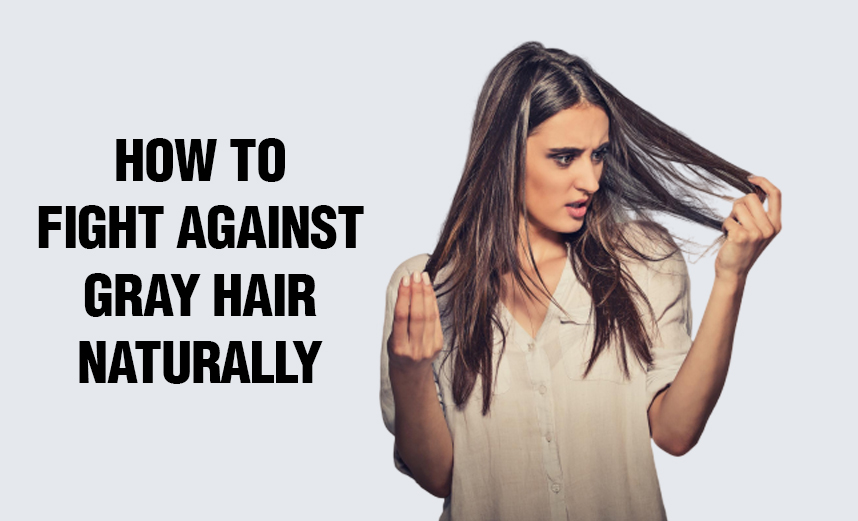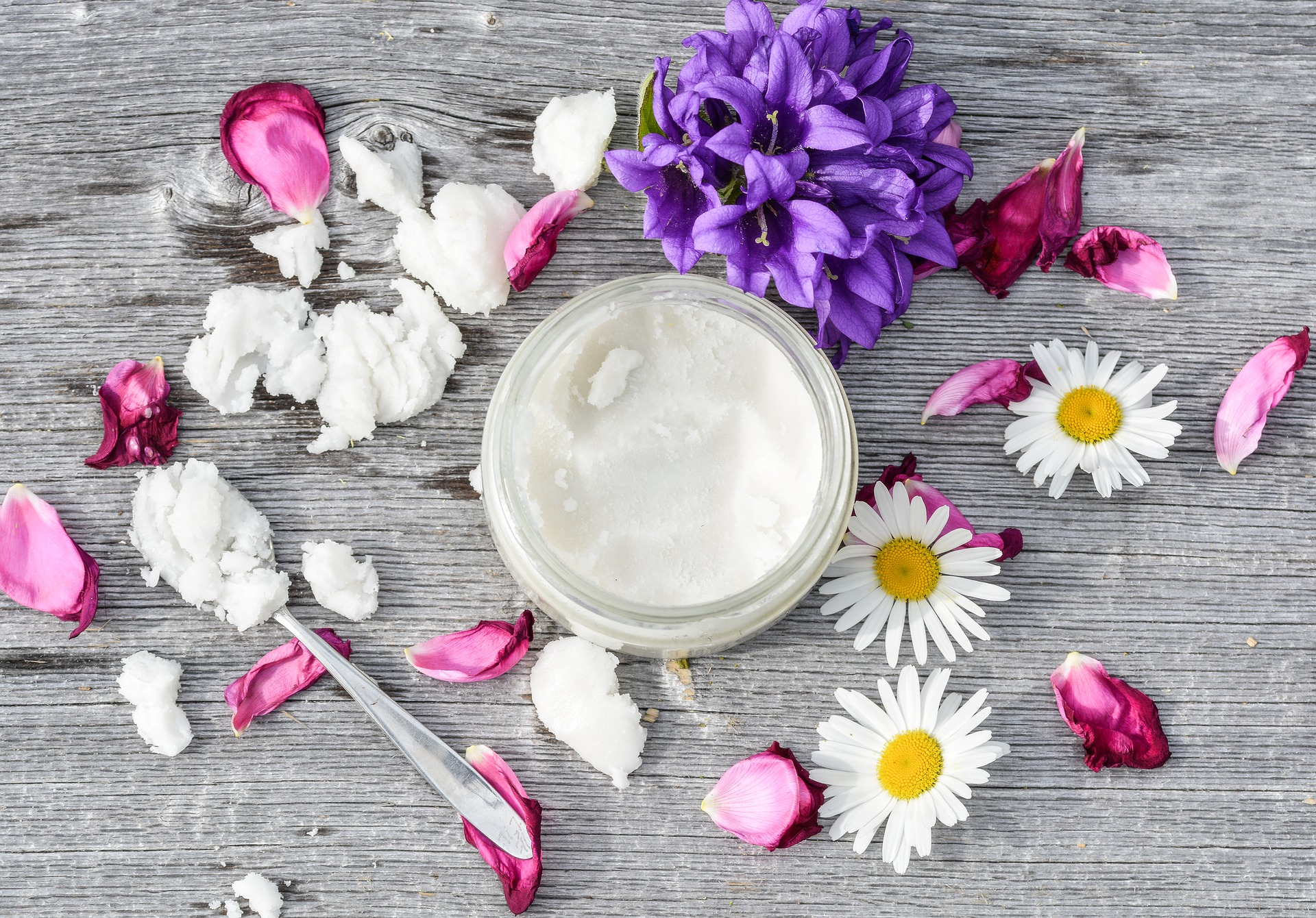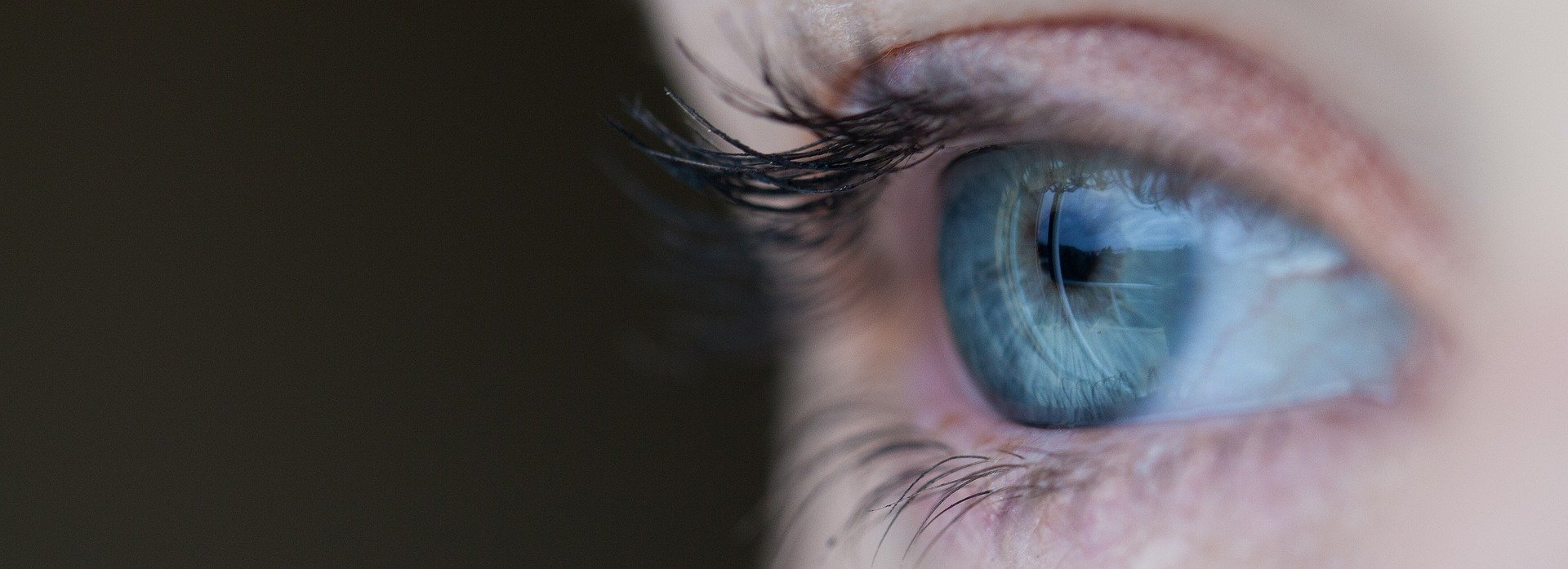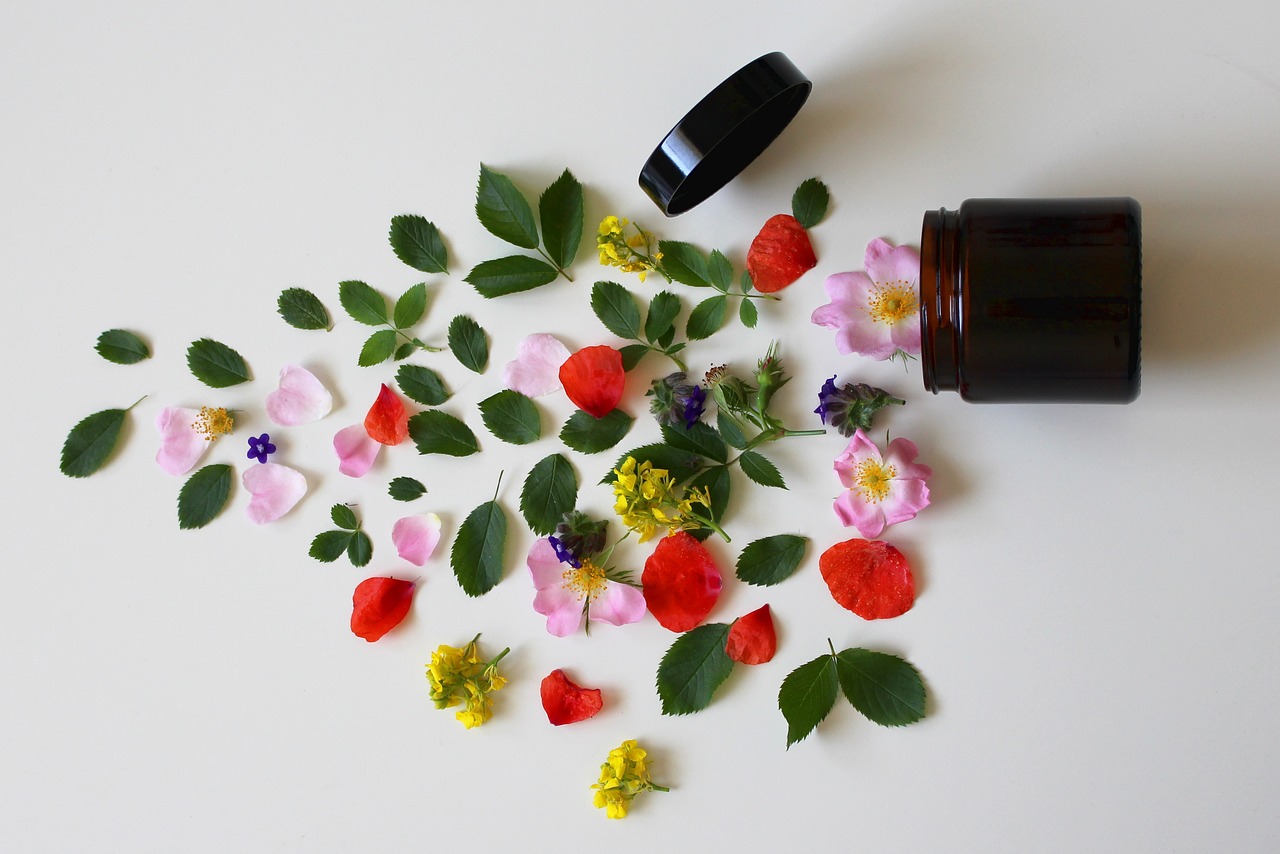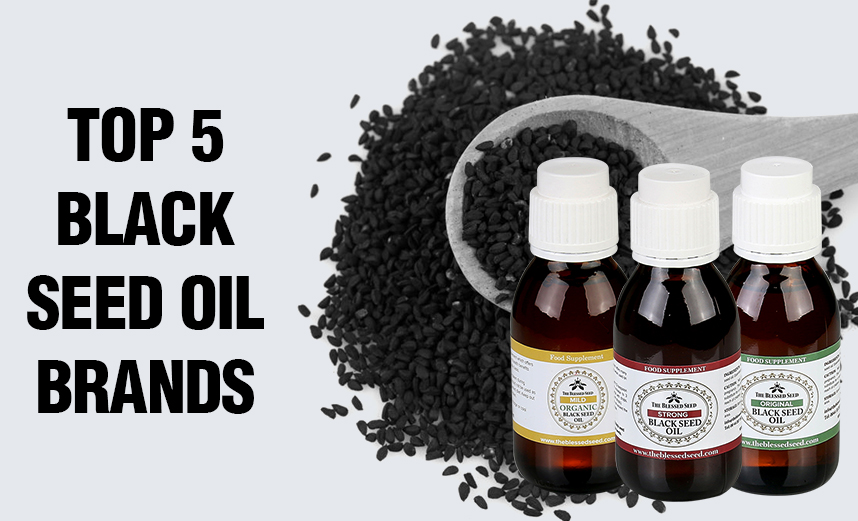The aging process, while usually associated with wrinkle formation, also affects our hair. Gray hair is not uncommon in the elderly. Yet some of us may have a head of gray hair in our forties, while others find the gray coming out while still in their twenties or thirties. Although unusual, it is not uncommon for people who are still in their teens to also start sporting a few gray hairs.
In many instances, people try to cover up their gray hair because they feel it makes them look or feel older than their actual age. One of the favorite means of doing so is the use of harsh chemical hair dyes that may damage both your hair and health in the long run.
Why Does Hair Turn Gray?
Your hair loses color, in other words, it turns gray when your hair follicles lose pigment cells containing melanin. This process is normally associated with aging. Yet people are increasingly showing signs of turning gray. In many cases, the aging process is not the cause. Something else is.
Your Genes
If your family has a history of early graying, the chances are good that premature gray hair may be in your genes. If this is the case, there is not much you can do about it except try to slow the process as much as you can.
Vitamin Deficiencies
Today’s diet and lifestyle results in our bodies not getting all the vitamins it needs to function properly. Thus, certain functions become affected. One such is the way in which our hair grows.
Vitamin deficiencies that may contribute to premature graying of hair include vitamins B6, B12, D, and E.
Your Medical History
Certain health issues may promote premature graying. Compromised thyroid function, for example, may result in a decline in hair growth and/or premature graying.
Smoking
According to research, smoking increases your chances of premature aging in those under the age of thirty years.
Stress
Stress comes in all forms. It may result from worries over your work situation, i.e. psychological stress, or physical stress due to an injury, for example. An article published in Nature Medicine strongly suggests a link between physical stress and premature graying.
Oxidative Stress
Oxidative stress, which may result in the loss of skin pigments resulting in the condition known as vitiligo. While vitiligo usually results in blotchy white patches on the skin, your hair may also lose color and become gray.
How to Prevent (and Possibly Reverse) Graying Hair
Before going out and buying a bottle of hair dye, please first consider more natural, beneficial solutions to the problem.
Make sure you get enough vitamins.
Vitamins that keep your hair healthy include B vitamins, especially B-12 and biotin, vitamin D, vitamin A, and vitamin E.
Quit smoking
Smoking has a lot of concerns, yet, if you no longer want to see those grey hairs, you’d better stop smoking.
Try to protect your hair from the sun
Try to cover up with a hat or scarf as much as possible.
Stop damaging your hair
Some hair care actions that you take can ruin your hair, these include applying too much heat with a curling iron or hair dryer, applying harsh soaps/shampoos, bleaching, using a brush instead of a wide-toothed comb, especially with wet hair, and washing your hair way too frequently
In Closing
Going gray may be a part of life. Premature graying, however, may be due to factors you have some measure of control over. By making the proper adjustments to your diet and using certain products on your hair, you may slow down or even reverse graying hair.
If interested in our range of Black Seed Oil products, please visit our products page.

